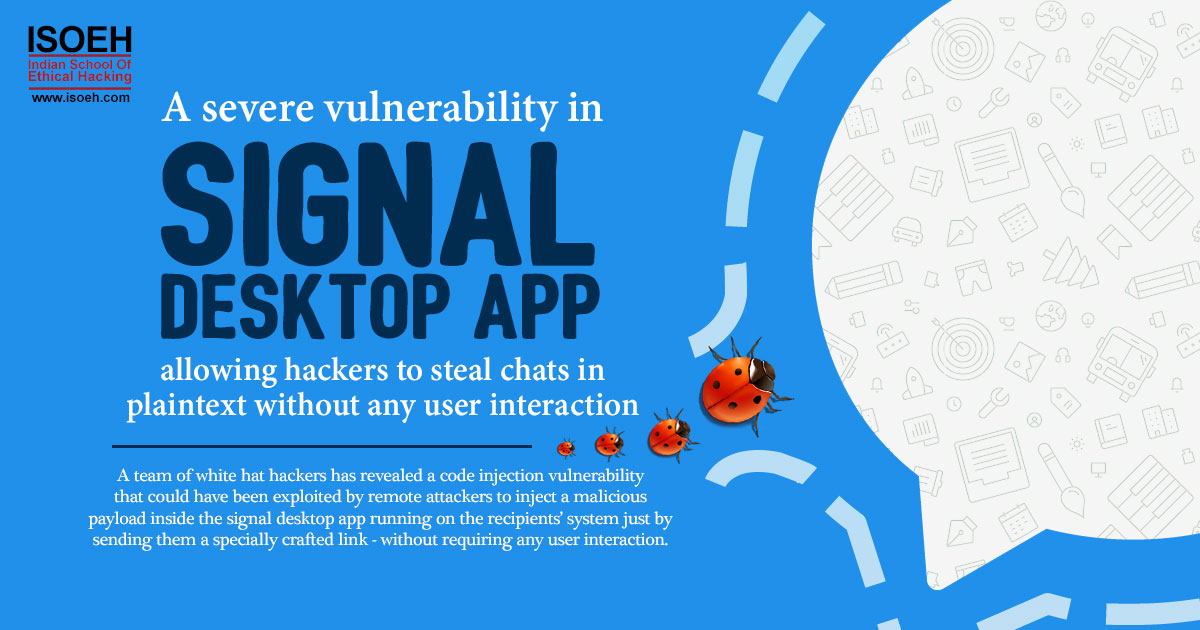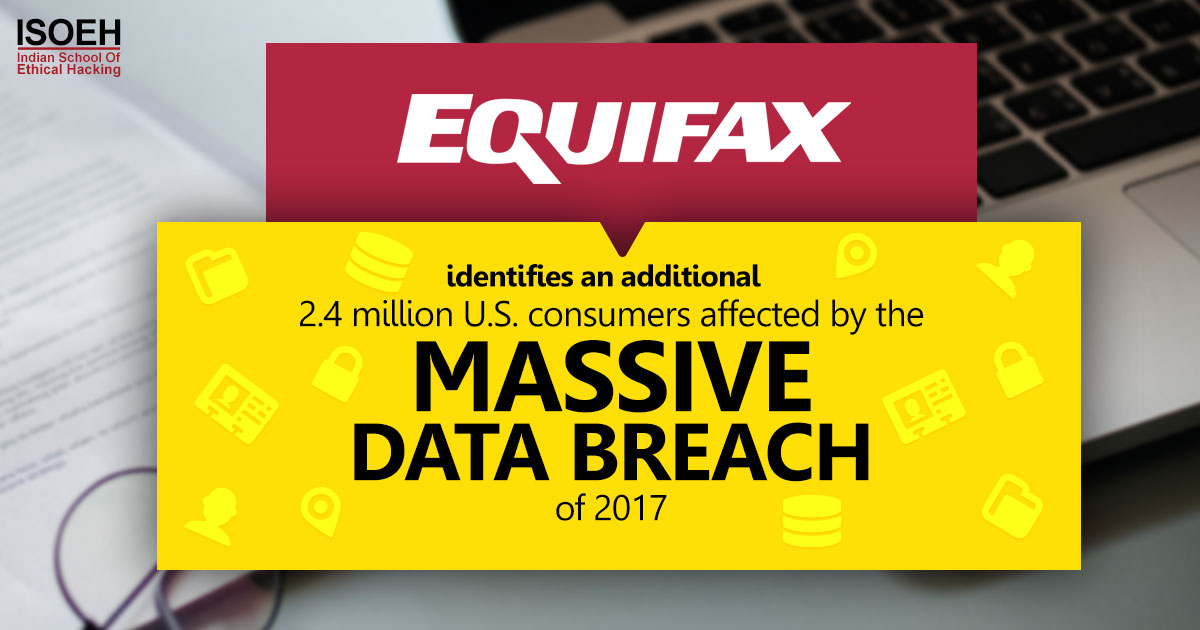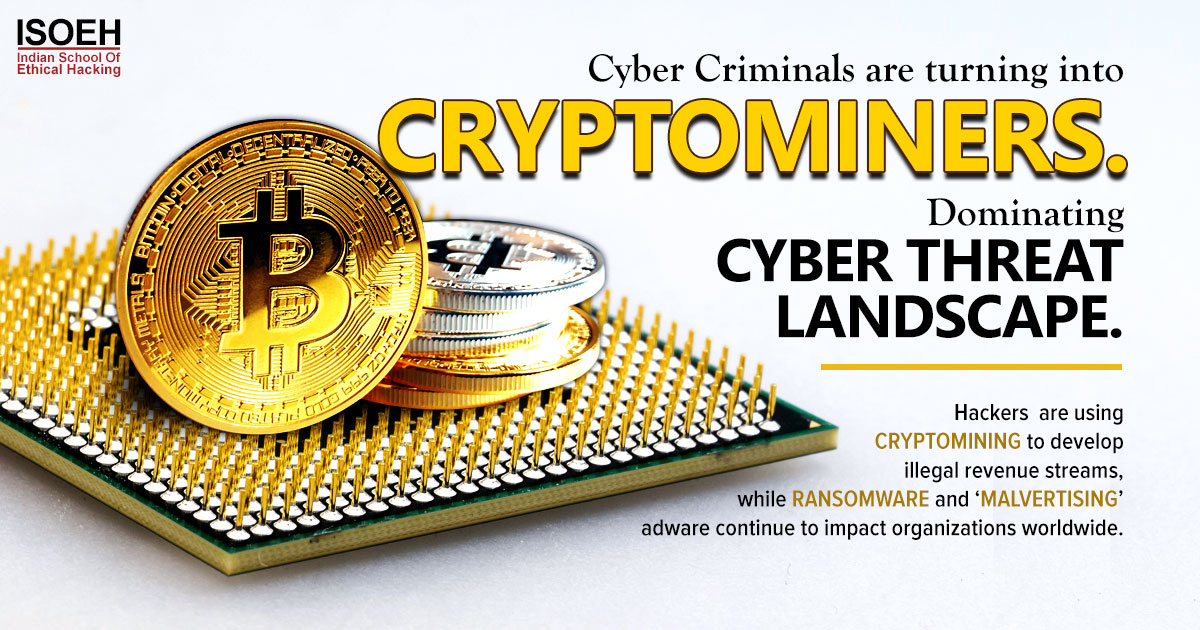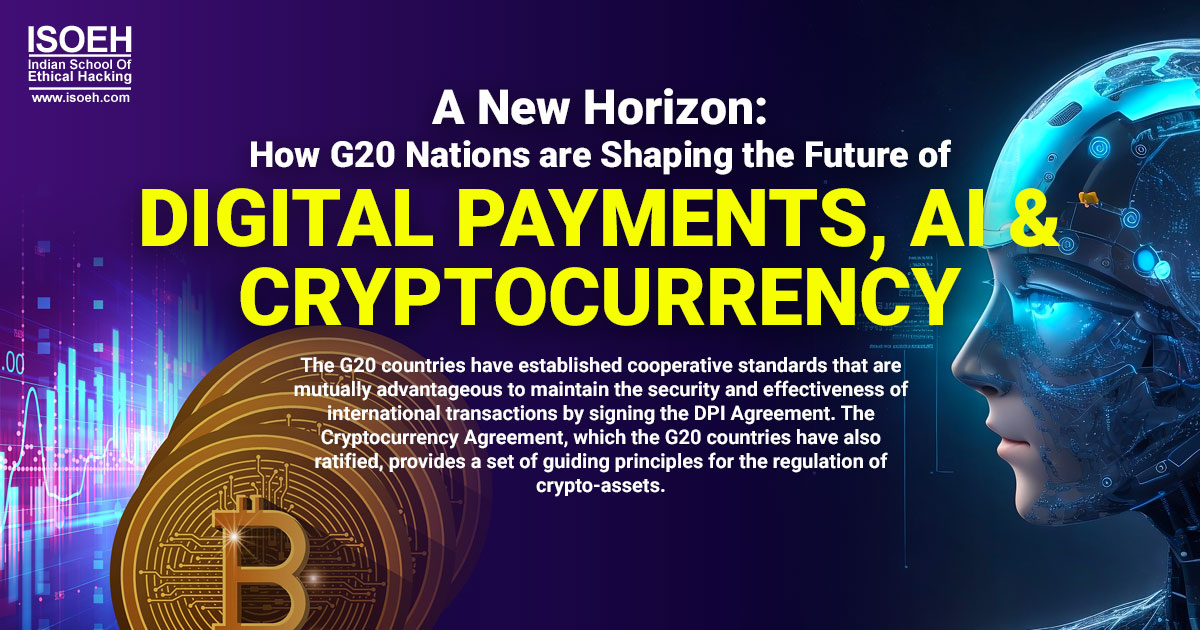
Contents
Introduction
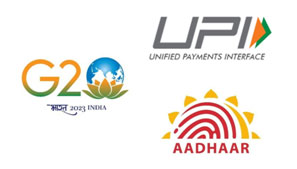 India took 47 years without Digital Payment Infrastructure. The G20 countries have become a significant force in spotlighting the development of electronic payments. The G20 nations are now concentrating on developing universal policies to better harness the power of digital payments and cryptocurrency after reaching an agreement on a Digital Payment Initiative (DPI) and Cryptocurrency Agreement. They are also investigating how to use artificial intelligence (AI) to enhance international payment networks.
India took 47 years without Digital Payment Infrastructure. The G20 countries have become a significant force in spotlighting the development of electronic payments. The G20 nations are now concentrating on developing universal policies to better harness the power of digital payments and cryptocurrency after reaching an agreement on a Digital Payment Initiative (DPI) and Cryptocurrency Agreement. They are also investigating how to use artificial intelligence (AI) to enhance international payment networks.
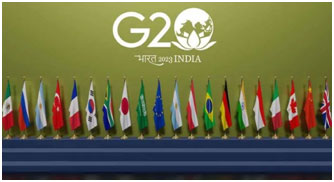 G20 declared: "Technology can enable rapid transformations for bridging the existing digital divides and accelerate progress for inclusive and sustainable development. Digital public infrastructure (DPI), as an evolving concept and as a set of shared digital systems, built and leveraged by both the public and private sectors, based on secure and resilient infrastructure, and can be built on open standards and specifications, as well as opensource software can enable the delivery of services at societal-scale."
G20 declared: "Technology can enable rapid transformations for bridging the existing digital divides and accelerate progress for inclusive and sustainable development. Digital public infrastructure (DPI), as an evolving concept and as a set of shared digital systems, built and leveraged by both the public and private sectors, based on secure and resilient infrastructure, and can be built on open standards and specifications, as well as opensource software can enable the delivery of services at societal-scale."
In this blog, I shall discuss how the G20 nations are shaping a new horizon in the world of digital payments, AI and cryptocurrencies.
The G20 countries' cooperation will be encouraged by the DPI Agreement to advance digital financial inclusion. This effort will contribute to the development of a more unified framework that fosters innovation while safeguarding user privacy by sharing best practices and establishing uniform standards for digital services and data security.
Additionally, this agreement aims to lower the costs of cross-border transactions, increase global financial stability, and improve unbanked populations' access to financial services.
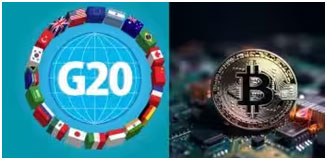 The goal of the Cryptocurrency Agreement is to establish uniform regulatory frameworks for cryptocurrencies like Bitcoin across all G20 nations. This agreement aims to solve concerns such as international taxation of cryptocurrency transactions, anti-money laundering regulations, anti-terror funding laws, consumer protection laws, and other consumer protection laws. It also considers how governments may cooperate to foster an atmosphere that fosters innovation while safeguarding investors.
The goal of the Cryptocurrency Agreement is to establish uniform regulatory frameworks for cryptocurrencies like Bitcoin across all G20 nations. This agreement aims to solve concerns such as international taxation of cryptocurrency transactions, anti-money laundering regulations, anti-terror funding laws, consumer protection laws, and other consumer protection laws. It also considers how governments may cooperate to foster an atmosphere that fosters innovation while safeguarding investors.
 Artificial intelligence (AI) is the final component of the puzzle. Governments must cooperate as AI becomes more commonplace in our society to ensure its effectiveness and safety. The G20 countries are investigating how to appropriately employ AI by creating ethical guidelines for its application in commercial activities. Establishing rules for data collecting, privacy procedures, algorithmic transparency requirements, responsible publication of AI system outcomes, and more are all part of this.
Artificial intelligence (AI) is the final component of the puzzle. Governments must cooperate as AI becomes more commonplace in our society to ensure its effectiveness and safety. The G20 countries are investigating how to appropriately employ AI by creating ethical guidelines for its application in commercial activities. Establishing rules for data collecting, privacy procedures, algorithmic transparency requirements, responsible publication of AI system outcomes, and more are all part of this.
The Digital Payments Initiative (DPI) Agreement and Its Impact on G20 Nations
 In just six years, UPI transactions had a total value of close to 50% and had increased financial inclusion to 80%. The G20 countries are opening up a new era of cryptocurrency, artificial intelligence (AI), and digital payments with the DPI Agreement. With the help of this ground-breaking arrangement, which also makes use of cryptocurrencies and AI, people may be able to send and receive money in entirely new ways.
In just six years, UPI transactions had a total value of close to 50% and had increased financial inclusion to 80%. The G20 countries are opening up a new era of cryptocurrency, artificial intelligence (AI), and digital payments with the DPI Agreement. With the help of this ground-breaking arrangement, which also makes use of cryptocurrencies and AI, people may be able to send and receive money in entirely new ways.
The G20 countries are creating the foundation for a much more secure global financial system with this accord. International rules that will aid in ensuring fairness and transparency in digital payments between nations are laid forth in the DPI Agreement. It also offers crucial advice on how new technologies, including artificial intelligence, might be appropriately applied to foster international confidence.
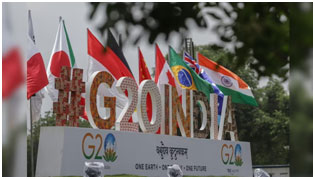 The declaration states that the G20 countries have resolved to create favourable conditions that can encourage innovation, voluntary and mutually agreed technology transfer, and access to affordable financing. The declaration includes a section on how to alter societies utilising current and emerging technologies. In all countries, there is discussion about constructing a sustainable and inclusive digital public infrastructure.
The declaration states that the G20 countries have resolved to create favourable conditions that can encourage innovation, voluntary and mutually agreed technology transfer, and access to affordable financing. The declaration includes a section on how to alter societies utilising current and emerging technologies. In all countries, there is discussion about constructing a sustainable and inclusive digital public infrastructure.
Providing more effective payment methods will provide businesses throughout the world with more chances to grow their consumer bases. Additionally, it will make new markets available for investors to profit from cutting-edge innovations like artificial intelligence (AI), which may offer insightful data on global markets and trends.
The Cryptocurrency Agreement and Its Implications for Global Financial Markets
The cryptocurrency sector is hoping for a discussion on the rebirth of the industry with unified regulation in place as world leaders assemble in India for the G20 meeting in 2023. The market for cryptocurrencies in India is expected to reach USD 324.00 million in 2027 after expanding by 9.83 per cent between 2023 and 2027. To avert the prejudice against digital assets and thwart attempts to prohibit or restrict digital currencies in some countries, recent turmoil in the cryptocurrency market has sparked a demand for international cooperation on regulation.
 The G20 countries are making a significant step towards building a more secure global economy based on digital technologies and transactions by signing up for this new agreement.
The G20 countries are making a significant step towards building a more secure global economy based on digital technologies and transactions by signing up for this new agreement.
This programme has been created to safeguard consumers from cryptocurrency dangers and, more specifically, to fight cybercrime.
The consequences of this agreement are extensive, and it is anticipated that as a result of these G20 actions, bitcoin will gradually become much more regulated. For instance, officials who want to stifle criminal activity like money laundering and terrorism financing will pay more attention to cryptocurrencies like Bitcoin.
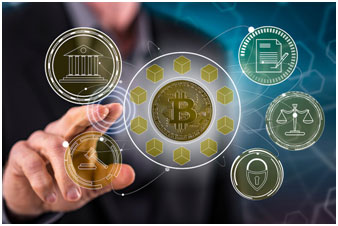 Through better protection, while utilising digital payment services or making online purchases using Bitcoin platforms, this improved regulation will also increase consumer safety.
Through better protection, while utilising digital payment services or making online purchases using Bitcoin platforms, this improved regulation will also increase consumer safety.
Additionally, as governments would have the power to set limitations on trading activity as needed, these laws may aid in lowering market volatility for cryptocurrencies.
With the right regulations in place, investors may feel more secure and consumers may have safer online experiences when using digital payment services or purchasing goods/services via bitcoin platforms. In the end, this deal has opened up a fascinating new world for digital payments that may completely change how we conduct business globally.
AI Agreement and Its Potential to Revolutionize Businesses Around the World
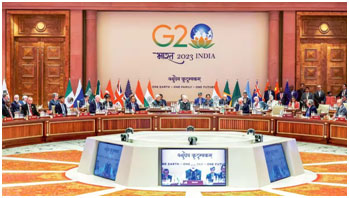 Governments from all over the world are becoming more interested in the DPI Agreement and the Cryptocurrencies Agreement as G20 countries continue to determine the future of digital payments, artificial intelligence (AI), and cryptocurrencies. However, a new pact known as the AI pact has just been unveiled, and it has the potential to revolutionise business practices all across the world. An international agreement called the AI Agreement lays out guidelines for the application of artificial intelligence to commercial activities.
Governments from all over the world are becoming more interested in the DPI Agreement and the Cryptocurrencies Agreement as G20 countries continue to determine the future of digital payments, artificial intelligence (AI), and cryptocurrencies. However, a new pact known as the AI pact has just been unveiled, and it has the potential to revolutionise business practices all across the world. An international agreement called the AI Agreement lays out guidelines for the application of artificial intelligence to commercial activities.
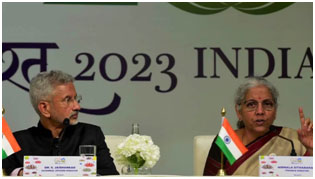 By signing this agreement, organisations will be required to employ AI technologies in a responsible, safe, and ethical manner. This entails creating guidelines for data protection and privacy, stopping racial and gender discrimination, and guaranteeing the objectivity, dependability, and transparency of AI systems. Businesses will also need to adhere to certain protocols while adopting these technologies in addition to these safety measures.
By signing this agreement, organisations will be required to employ AI technologies in a responsible, safe, and ethical manner. This entails creating guidelines for data protection and privacy, stopping racial and gender discrimination, and guaranteeing the objectivity, dependability, and transparency of AI systems. Businesses will also need to adhere to certain protocols while adopting these technologies in addition to these safety measures.
The global digital economy will prosper and grow thanks to AI's quick development. Our goal is to use AI for the benefit of society by tackling problems in a responsible, inclusive, and human-centric way while preserving people's safety and rights. The preservation of human rights, transparency and explainability, fairness, accountability, regulation, safety, proper human oversight, ethics, biases, privacy, and data protection must all be taken into consideration to achieve responsible AI development, deployment, and use.
Conclusion:
"We commit to accelerating clean, sustainable, just, affordable and inclusive energy transitions following various pathways, as a means of enabling strong, sustainable, balanced and inclusive growth and achieving our climate objectives. We recognise the needs, vulnerabilities, priorities and different national circumstances of developing countries."
The G20 countries have established cooperative standards that are mutually advantageous to maintain the security and effectiveness of international transactions by signing the DPI Agreement. The Cryptocurrency Agreement, which the G20 countries have also ratified, provides a set of guiding principles for the regulation of crypto-assets.
As investors look to access this exciting new market, this will give them more security and clarity. The G20 nations have vowed to establish an ethical code of conduct to assist and safeguard individuals from any possible harm brought on by AI applications.
As they open the door for a new era of cryptocurrencies, artificial intelligence, and digital payments, the G20 members are providing a good example for their citizens.
Hacking Tools
Explore All Hacking Tools »
UFTP is an encrypted multicast file transfer program for secure, reliable & efficient transfer of files. It also helps in data distribution over a satellite link.
Read DetailsBreaking News
Breaking News Of Each Month »
The recent pandemic was unexpected and unknown to most part of the world. It has changed our life and we are slowly adapting to our new lifestyle. The risks associated with the new lifestyle, both personal & corporate, are unknown to most of us.
Read Details









